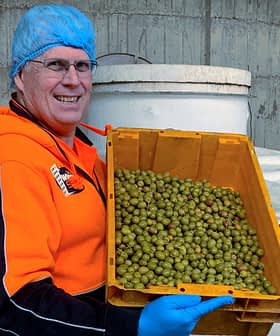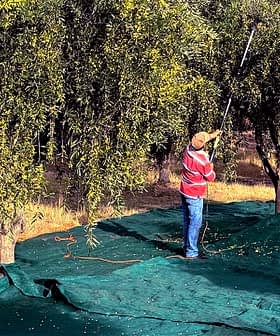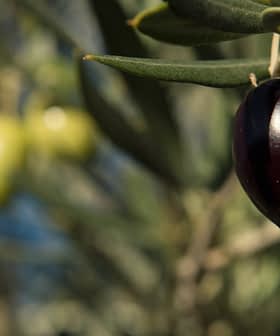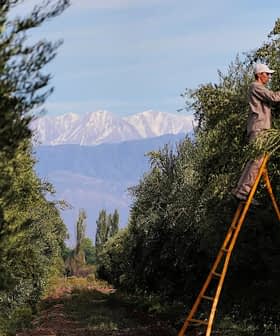Boundary Bend Looks for 'Patient' Investors
Boundary Bend is looking for capital to fund an expansion that could increase volumes by as much as 50 percent.
Boundary Bend, an Australian olive oil producer, is seeking around $100 million from investors to fund a new plantation near Mildura, which could increase the group’s volumes by up to 50 percent. CEO Rob MacGavin is specifically seeking long-term, patient Australian investors to support the project, which is expected to take several years to reach maximum output.
Boundary Bend, the renowned Australian olive oil producer, is looking to raise roughly $100 million from investors to fund a new plantation on land the company has acquired at Gol Gol, near Mildura.
Long-term, patient, Australian investors is what Boundary Bend is looking for.
The plan would boost the group’s volumes by as much as 50 percent.
Rob McGavin, the CEO, co-founder and majority shareholder of Boundary Bend, said it could take several years for the project to reach maximum output. So he’s seeking investors who are committed.
“Long-term, patient, Australian investors is what Boundary Bend is looking for, ideally a patient superfund and definitely not private equity,” he told The Sydney Morning Herald newspaper.
According to McGavin, initial plantings would likely begin in 2019 and cover some 3,000 hectares.
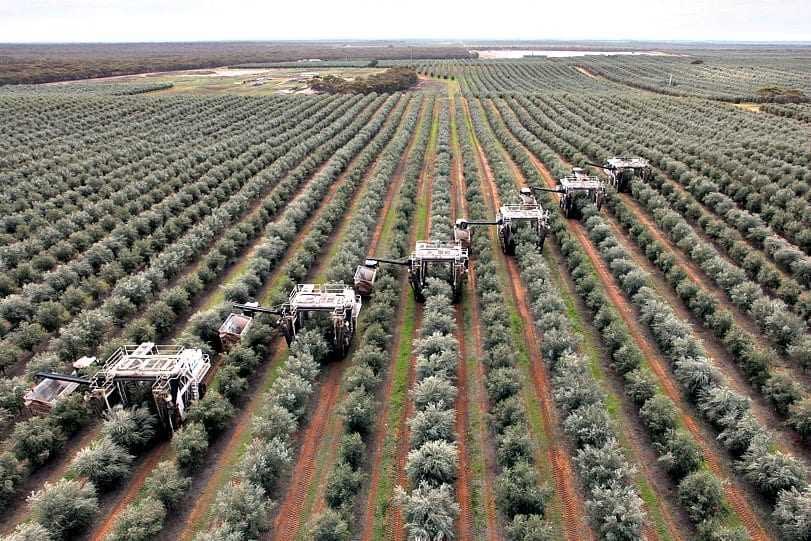
McGavin’s decision to expand would seem to be a vote of confidence in strong prices for olive oil during the next few years. Inventory levels across the globe remain low, and investment in the sector has been spotty. Yet prices have begun to rise amid increasing demand. “There’s a crunch coming,” he told the newspaper.
The financial markets would seem to agree with McGavin’s prediction and his approach. Boundary Bend’s share prices have more than doubled in the past year.
The decision to seek capital comes roughly three years after Australian investor and businessman Chris Corrigan contributed more than $4 million to help fund Boundary Bend’s expansion to the United States.
In 2015, Boundary Bend expanded to the U.S. establishing a production facility and U.S. headquarters in the California town of Woodland, about 12 miles from Sacramento, the state’s Capital.
Founded in 2005, the group is now the largest olive oil producer in Australia, where it has 65 percent of the market in high-quality extra virgin olive oil.
The company owns 2.3 million trees on 6,500 hectares in its native country, according to the Australian Business Review, and generated $130 million Australian dollars (US$99 million) in 2016.
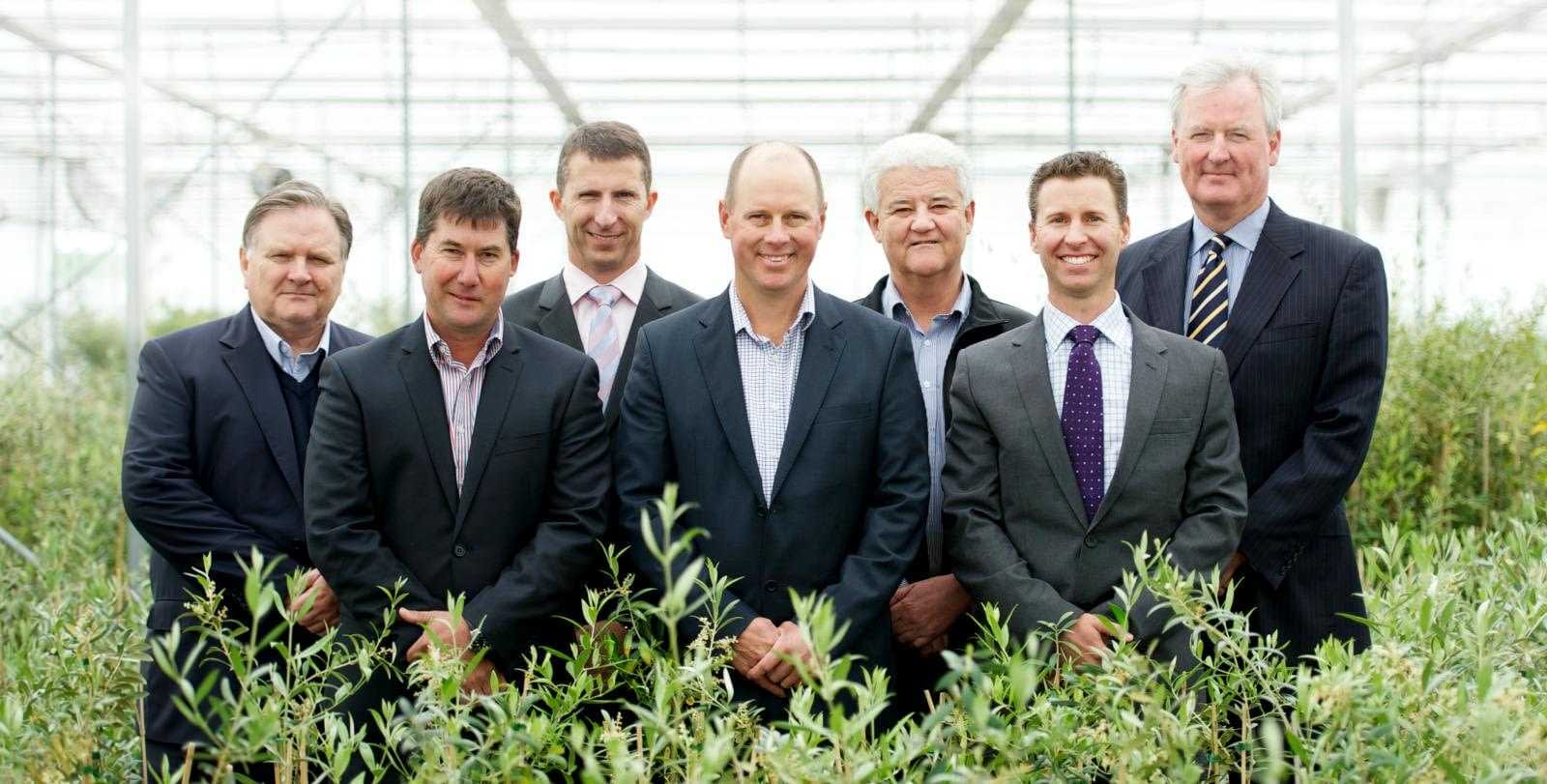
Boundary Bend executives
Boundary Bend is a vertically integrated company – controlling the entire cycle from nursery to marketing. It has generated considerable praise for the quality of its products, the group’s willingness to conduct and share research, its state-of-the-art production facilities (its plants in northern Victoria have a capacity of 1,700 tons per day), and its ability to win share from the well-established European brands.
The company’s flagship, Cobram Estate, was the winningest brand at the 2014 New York International Olive Oil Competition (NYIOOC). Its Cobram Estate Australia Select won best in class in the 2016 NYIOOC, and its Cobram Estate Ultra Premium Hojiblanca won best in class in 2015.


